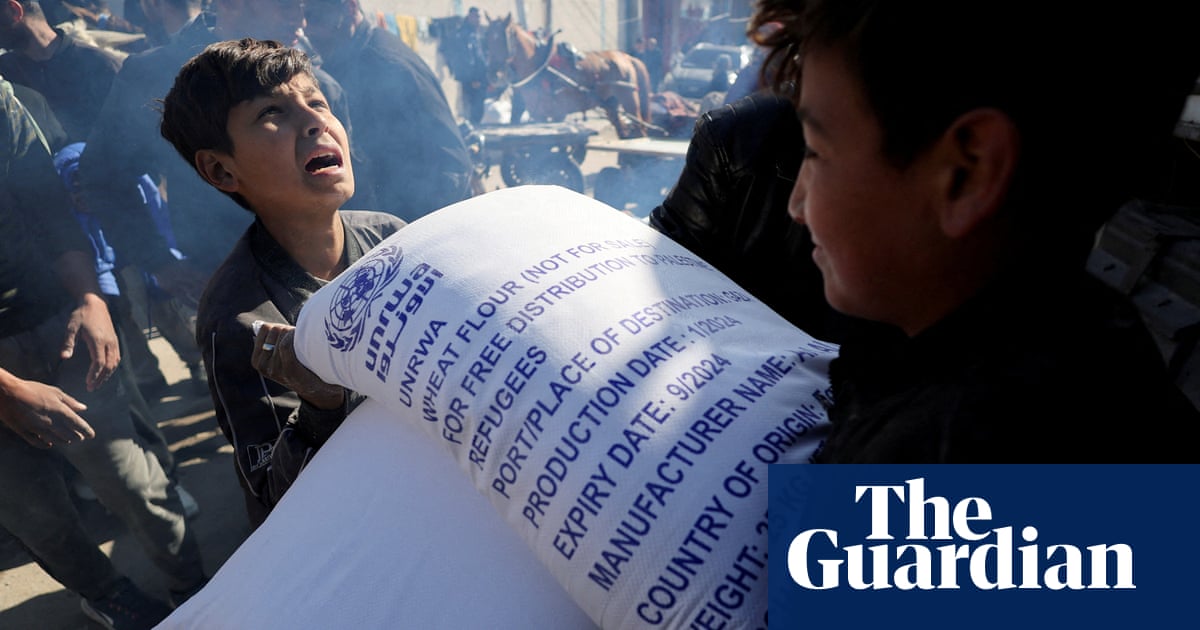
Cuts to rail funding could lead to more serious rail accidents as well as fewer, more crowded trains, unions have said.
A TUC report said passenger safety will be compromised should Network Rail press ahead with reductions to its maintenance workforce to save £100m a year.
About 2,500 jobs are expected to go and the TUC said it would be impossible to make such cuts without putting passengers at risk. It warned that the Treasury was also demanding cuts from train operators that would disrupt services and leave fewer trains running, leaving commuters “packed like sardines”.
Network Rail said it would not compromise safety and its ideas for modernisation had “fallen on deaf ears”.
The report comes as rail unions have warned of possible strike action, with the RMT having already announced a ballot of its members.
About 2,500 maintenance jobs are set to be cut, leading to 670,000 fewer hours of maintenance work each year, according to analysis by the RMT.
The TUC said track maintenance was essential to avoid fatal accidents such as the Hatfield crash in 2000, caused by unnoticed metal fatigue, or Potters Bar in 2002, which was due to poorly maintained points.
As well as the track, Network Rail has safety responsibility in providing signalling, power supply to the railway, and the public spaces of the UK’s largest rail stations. The TUC said the government should withdraw any requirement for it to make cuts. It said Network Rail could save £115m a year by bringing all outsourced services back in-house.
British railways had the best safety record in Europe for over a decade but crashes at Stonehaven in 2020 and Salisbury last year have renewed concerns. The Treasury has also ordered the Department for Transport to cut its annual budget by 10%, which has led the DfT to tell train operating companies to make major cuts to costs.
The TUC’s general secretary, Frances O’Grady, said: “Our railways are still recovering after the pandemic. The last thing the government should be doing is slashing funding.
“We need a better vision for the future of Britain’s railways than commuters packed like sardines in unsafe trains. Rail is one of the greenest ways to get around. Ministers need to make rail the most attractive option for more journeys. But you can’t do that by cutting back on safety and services.”
The RMT’s general secretary, Mick Lynch, said over 40,000 rail workers could join picket lines in a strike over the planned cuts. “We are not going to be able to run a safe, clean and efficient railway network if staff are being cut to the bone,” he said, adding that the dispute was not just for his members but “the public’s right to a safe and affordable railway system”.
A Network Rail spokesperson said: “Britain’s railway is the safest major network in Europe, and we’d never make changes that would compromise that hard-won achievement.
“The modernisation proposals we’ve put on the table would help our workforce be more flexible, enabling us to avoid compulsory job losses [and] help our workforce be safer because they won’t work on live tracks as often. So far our ideas have fallen on deaf ears.”
A DfT spokesperson said: “The industry is exploring a range of reform options but none of these should lead to the reduction of safety standards nor impact the railways’ safety for passengers. Industry will still have to fulfil their legal obligations in respect of health and safety.”












